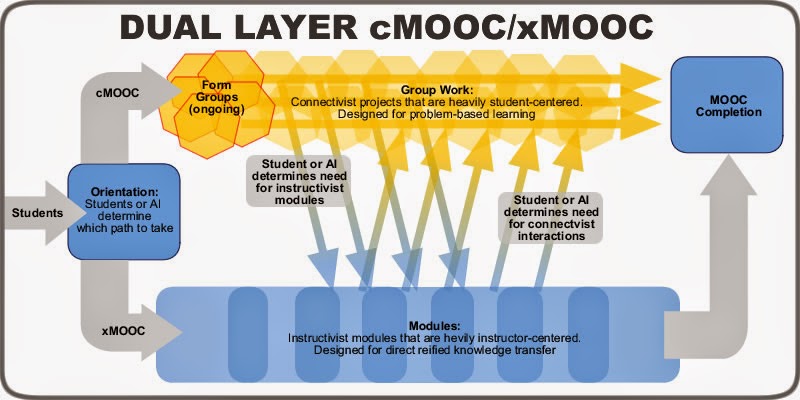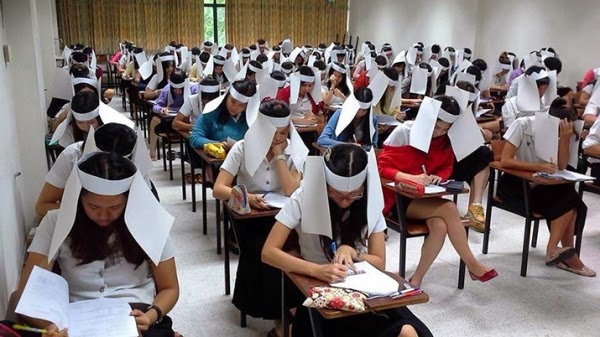EDDE 806 - Post VI.II - Attack of the Greeks!

Now that I am back from vacation (was off to Spain, but spent a little time in Istanbul on the way to and from), it's time to catch up a bit on EDDE 806. On the day that I was flying out to begin my vacation A lec Couros was presenting....D'oh! I missed the opportunity to be live in that 806. Not only was Alec on, but there was also a fellow EDDE student who is also Greek. It would have been glorious to have so many Greeks on on 806 session. Oh well - maybe next time :p In any case, Alec's presentation was titled "The Making of an Open & Connected Educator" which was really interesting. Parts of what he presented on were familiar to me because I've been following Alec since 2011 when I got into MOOCs, and I learned more about ED&C 831 (his open course). Parts of what he presented were new to me. For instance I didn't know he was a school teacher before he got into his current career. Props to anyone who is a school teacher - I don...





